Copyright © Françoise Herrmann
Merriam-Webster identified 13 contenders for the 2023 Word of the Year (WOTY), all of them directly related to specific events occurring during the year. As a reminder, Merriam-Webster selects candidates for the Word of the Year by observing surges in look-up for a particular term in the dictionary. Surges in terms looked up are then easily correlated to events in the real world, subsuming the use of the identified terms.
Below, the list of the 13 contending terms for the 2023 WOTY, together with their Merriam-Webster definitions, as well as some of the stories assumed to have given rise to widespread use in 2023, in turn resulting in increased look-up in the Merriam-Webster dictionary.
1. rizz (noun): romantic appeal or charm; (verb): to charm or seduce, usually used with up. Slang appearing first in 2021, with possible origins as an abbreviation for the term ‘charisma’. The term was added to the Merriam-Webster dictionary in September 2023.
2. deepfake (noun): an image or recording that has been convincingly altered and manipulated to misrepresent someone as doing or saying something that was not actually done or said. The term 'deepfake' spiked on several occasions in connection to fears that political campaign ads for the upcoming US presidential elections would run 'deepfakes'. Specifically, when 'deepfakes' were purported to run in Governor Ron DeSantis' campaign ads for Republican nomination.
3. coronation (noun): the act or occasion of crowning. The term 'coronation' spiked in May, when the new British monarch, King Charles III was crowned.
4. dystopian (adj.): of, relating to, or being an imagined world or society in which people lead dehumanized, fearful lives : relating to or characteristic of a ‘dystopia’. Merriam-Webster recorded several events that invoked the term 'dystopian future', prompting spikes in look-up. Among these events: the video produced by the Republican National Committee in early April, built entirely with AI-generated imagery, portraying a 'dystopian future', if the incumbent president were re-elected; and the 54th Earth Day celebration on April 22nd, following weeks of record-high temperatures, that came with warnings of a 'dystopian future'. A future that eerily manifested itself, in June, when smoke from Canadian wildfires spread across the eastern U.S., creating a 'dystopian landscape'. AI critics also repeatedly warned of a ‘dystopian future’ if machines were to subjugate or replace humans.
5. EGOT (acronym): the accomplishment of winning an Emmy, Grammy, Oscar, and Tony Award in one's lifetime. The acronym EGOT (pronounced ‘EE-gaht’) spiked following the GRAMMY awards ceremony, in February 2023, when the actor Viola Davis, stated in her acceptance speech: “I just EGOT!”. She was awarded a GRAMMY for the best audiobook, narration and storytelling recording for her memoir, Finding Me.
6. X: not the 24th letter of the alphabet; not the graphic representation of the number 10; not the abbreviation as in Xmas; not the mathematical symbol for multiplication; not the mark as in marked with an “x”, but the new name given to the Twitter platform, once the company was acquired by Elon Musk.
7. implode (verb): a: to burst inward, b: to undergo violent compression. Searches for the verb ‘to implode’ spiked in June 2023, when the submersible Titan lost contact with its support ship above the Ocean. The Titan was a sea vessel outfitted for expeditions to the site of the Titanic shipwreck, in the North Atlantic Ocean. The story made headlines because all five passengers on board this expedition of the Titan perished, when the vessel imploded at some point during its descent to the ocean floor.
8. doppelgänger (noun): double or alter ego. The term ‘doppelgänger’ apparently spiked in connection to two unrelated crime stories, one in New York and one Germany, where the victim involved a lookalike. In September also, Naomi Klein’s latest book Doppelgänger: A Trip Into the Mirror World was released.
9. covenant (noun): a usually formal, solemn, and binding agreement. Two events, in April and May, were put forward to explain the spike in look ups for the term ‘covenant’. In April, the release of Guy Ritchie’s film The Covenant, depicting the rescue of an Afghan interpreter who had saved the life of a U.S. soldier in combat. In May, a new novel by Abraham Verghese, The Covenant of Water, which became an instant bestseller.
10. indict (verb): to charge with a crime by the finding or presentment of a jury (such as a grand jury) in due form of law. The term ‘indict’ spiked by 9440% on March 30, when a New York City grand jury charged former president Donald Trump in a hush-money case—actually just one of four separate cases, where the former president was indicted.
11. elemental (adj.): relating to an element. Look-ups for the term 'elemental' spiked with the release of the Pixar motion picture titled Elemental. Specifically, the title referred to the original and oldest meaning of the term element as one of four 'elements'—air, water, fire, and earth—formerly believed to compose the physical universe.
12. kibbutz (noun): a communal farm or settlement in Israel. The term 'kibbutz' spiked in the aftermath of the massacre, perpetuated by terrorists in Israel, on Oct. 7th 2023.
13. deadname (noun): the name that a transgender person was given at birth and no longer uses upon transitioning. The term 'deadname' spiked within the context of the debates surrounding the Parental Bill of Rights, which was voted in House of Representatives, on March 24, 2023.
References
Merriam-Webster Dictionary
https://www.merriam-webster.com/
Staff (Nov. 27, 2023). Merriam-Webster Word of the Year.
https://www.merriam-webster.com/wordplay/word-of-the-year



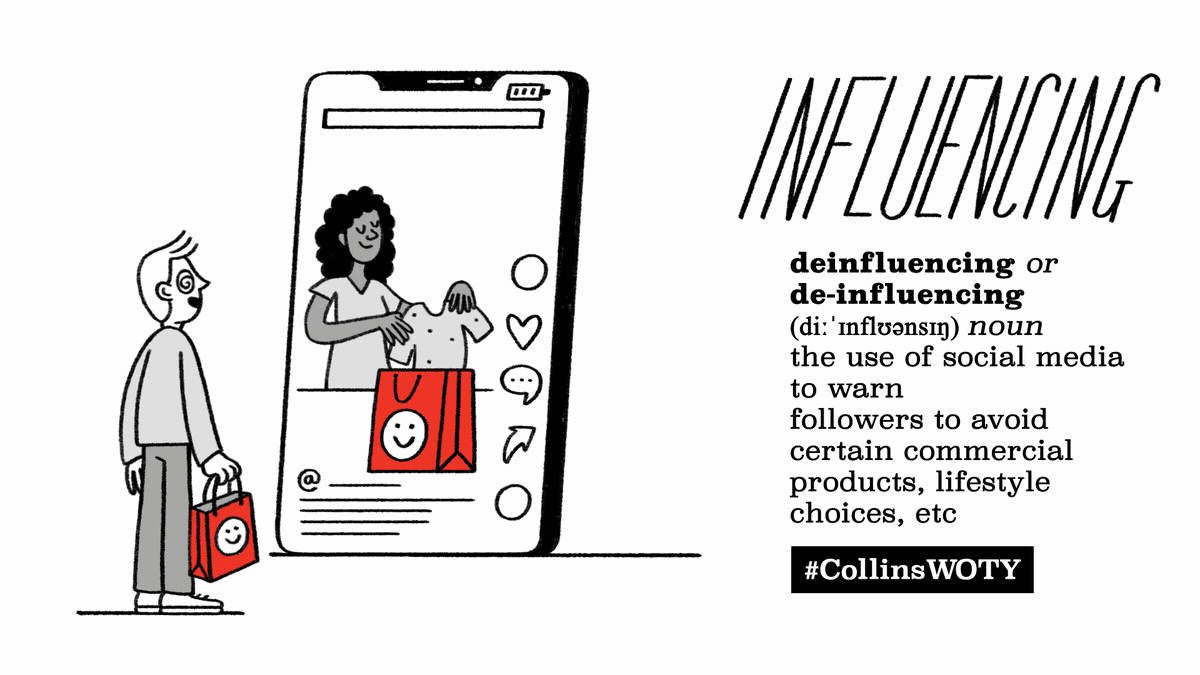
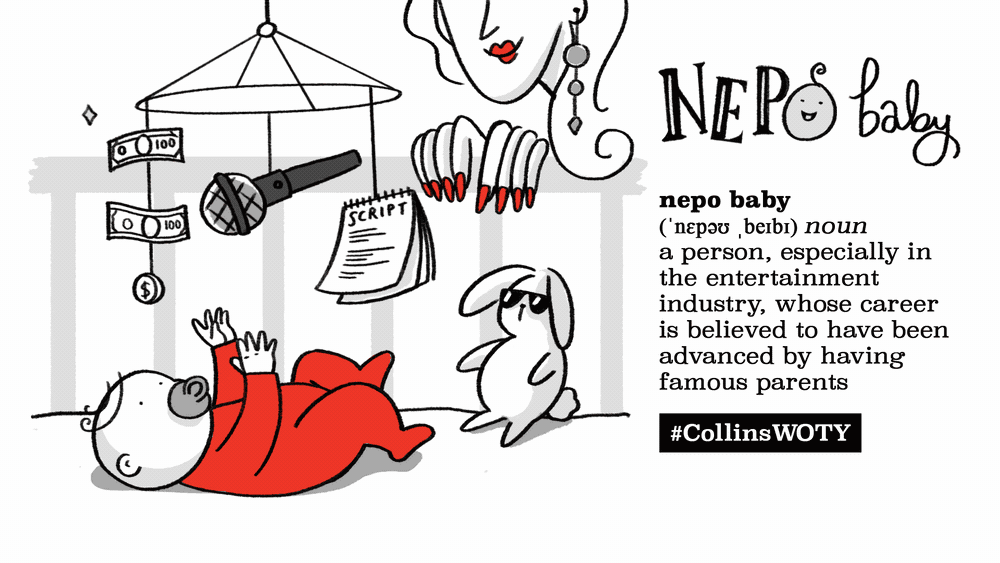
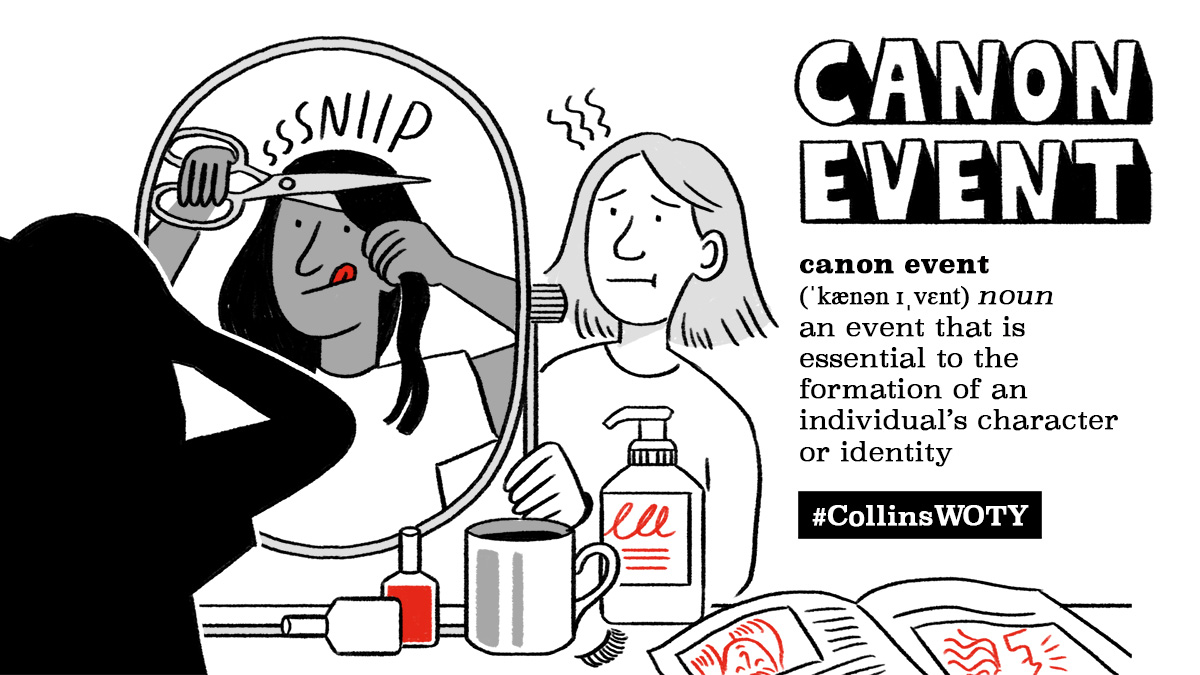
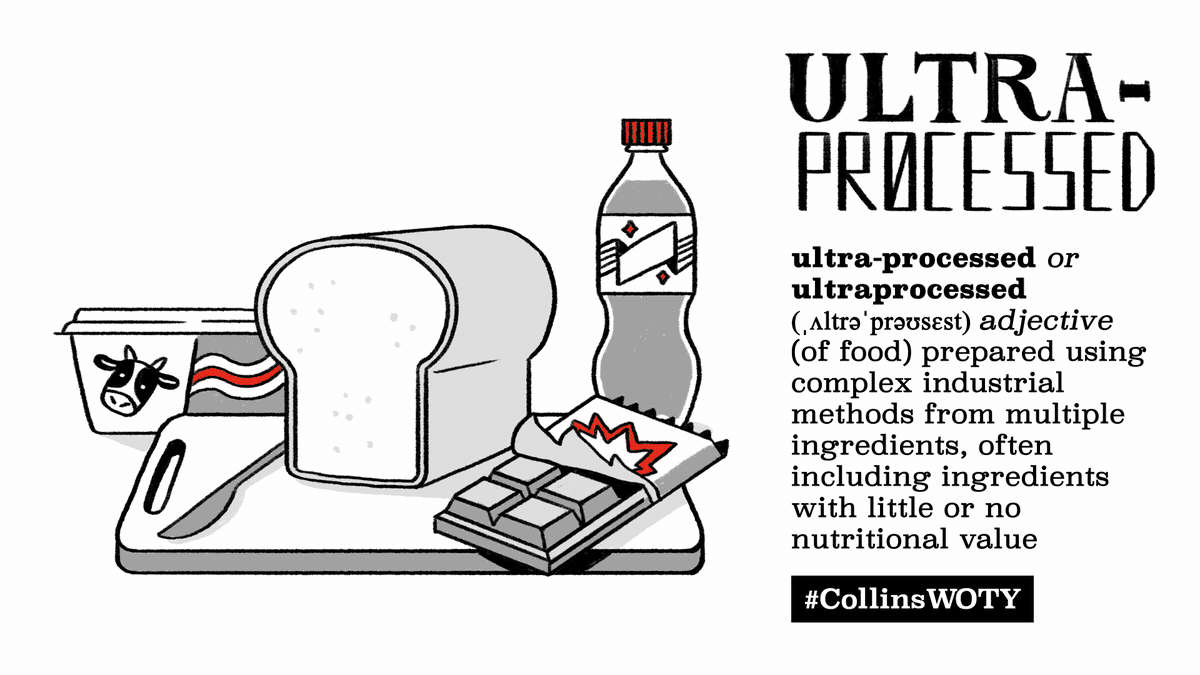
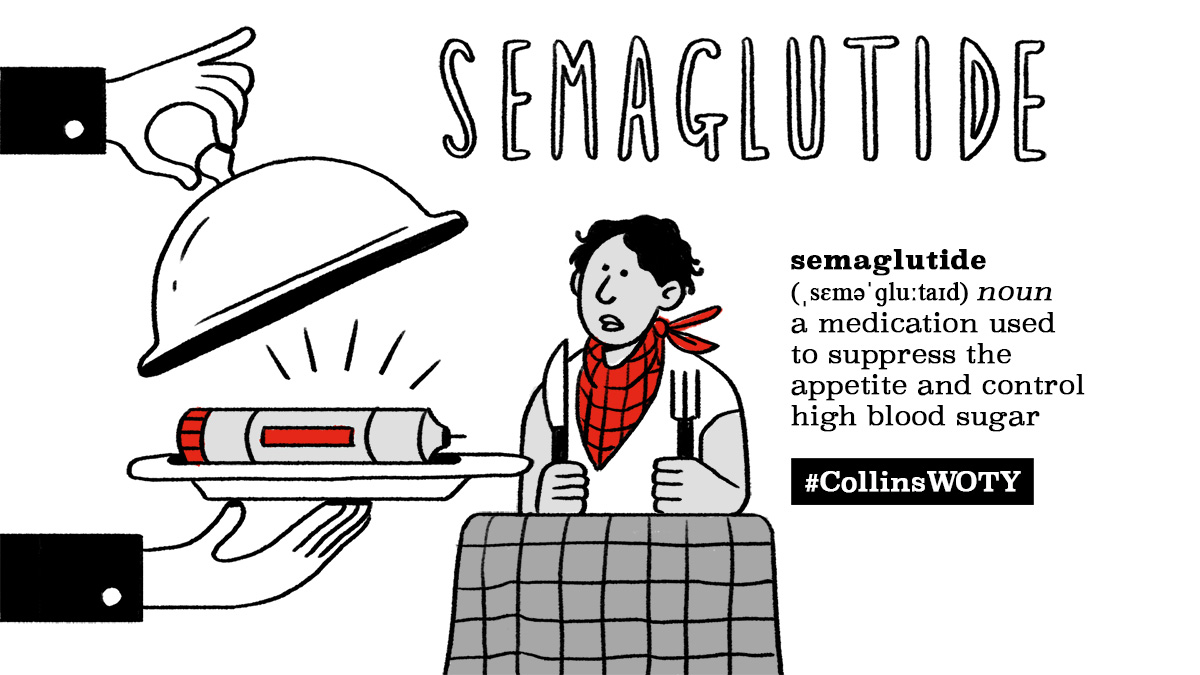
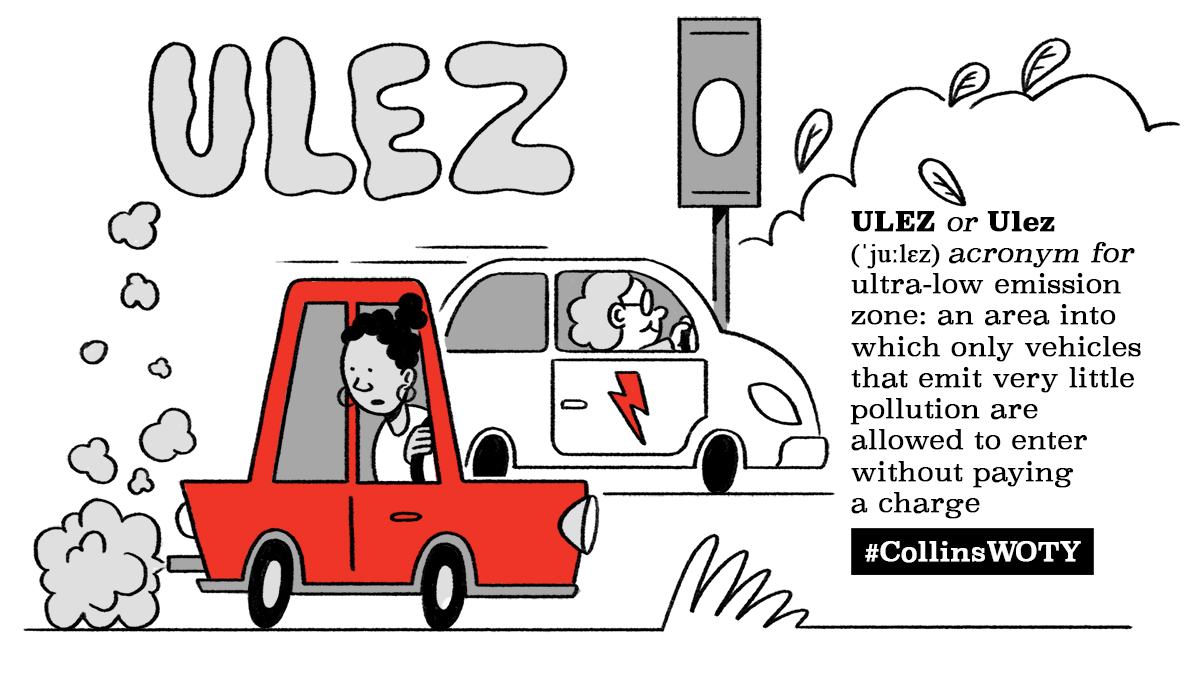
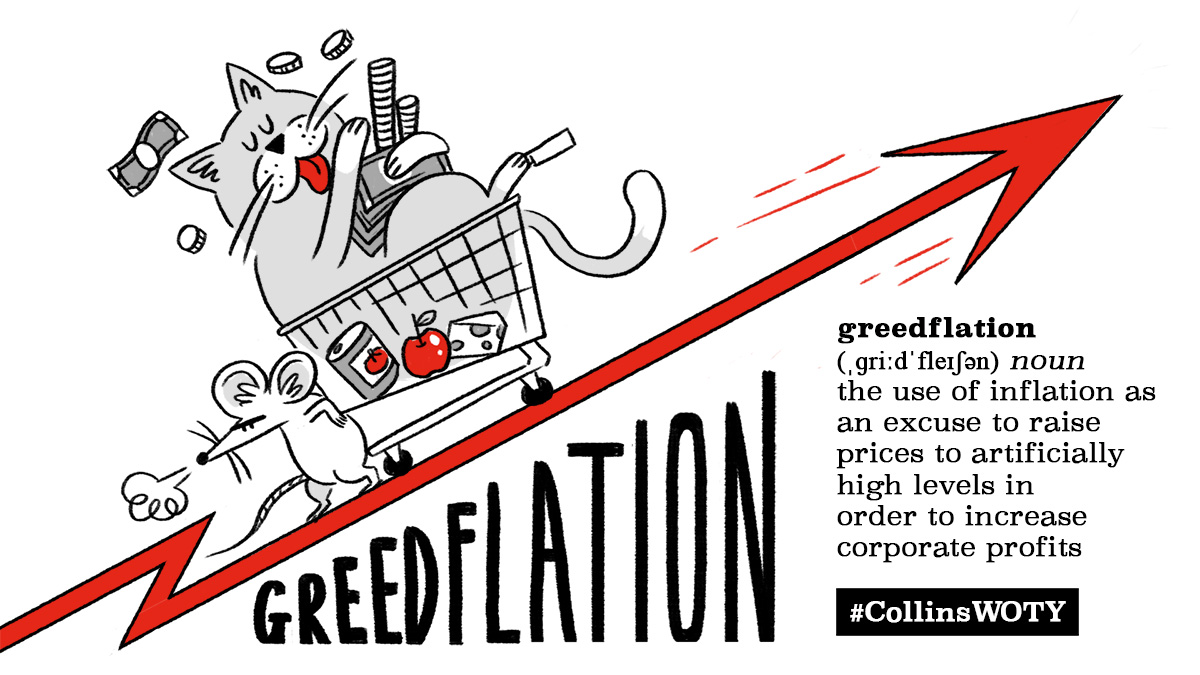
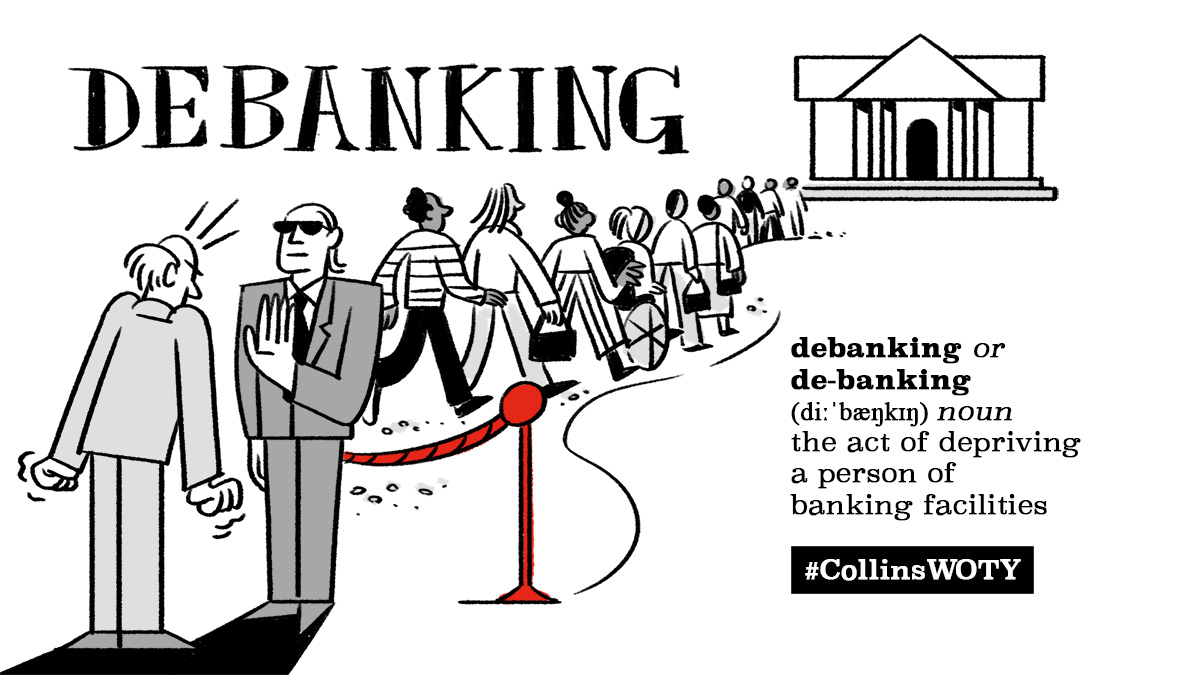
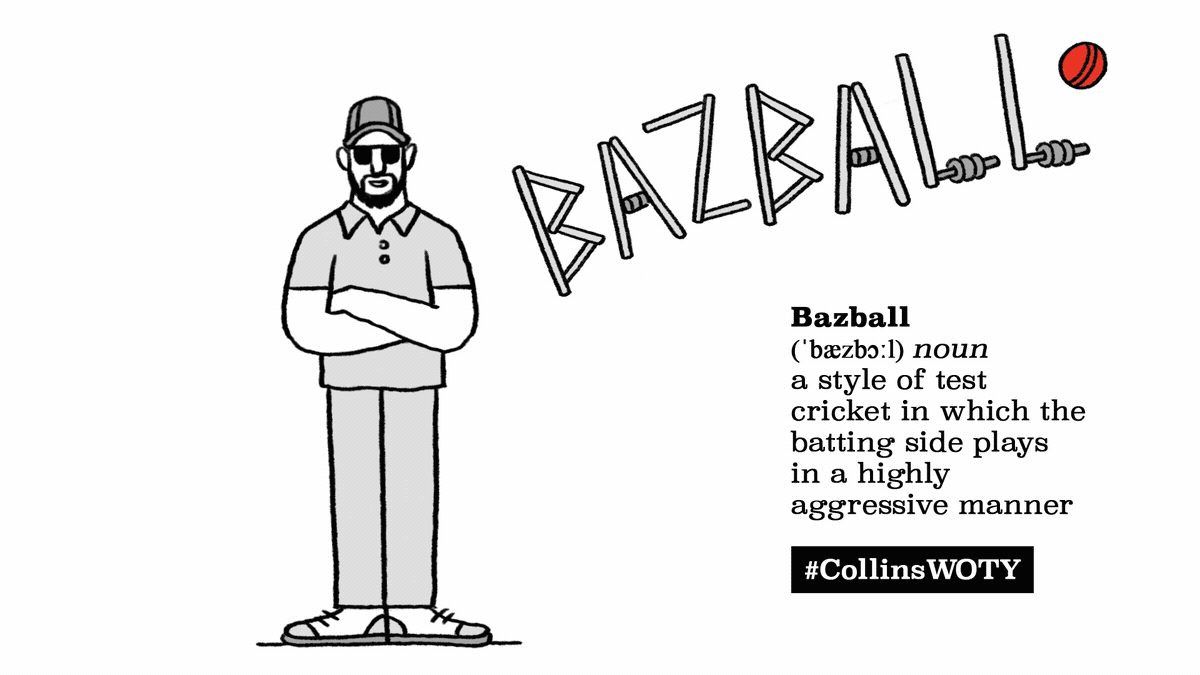
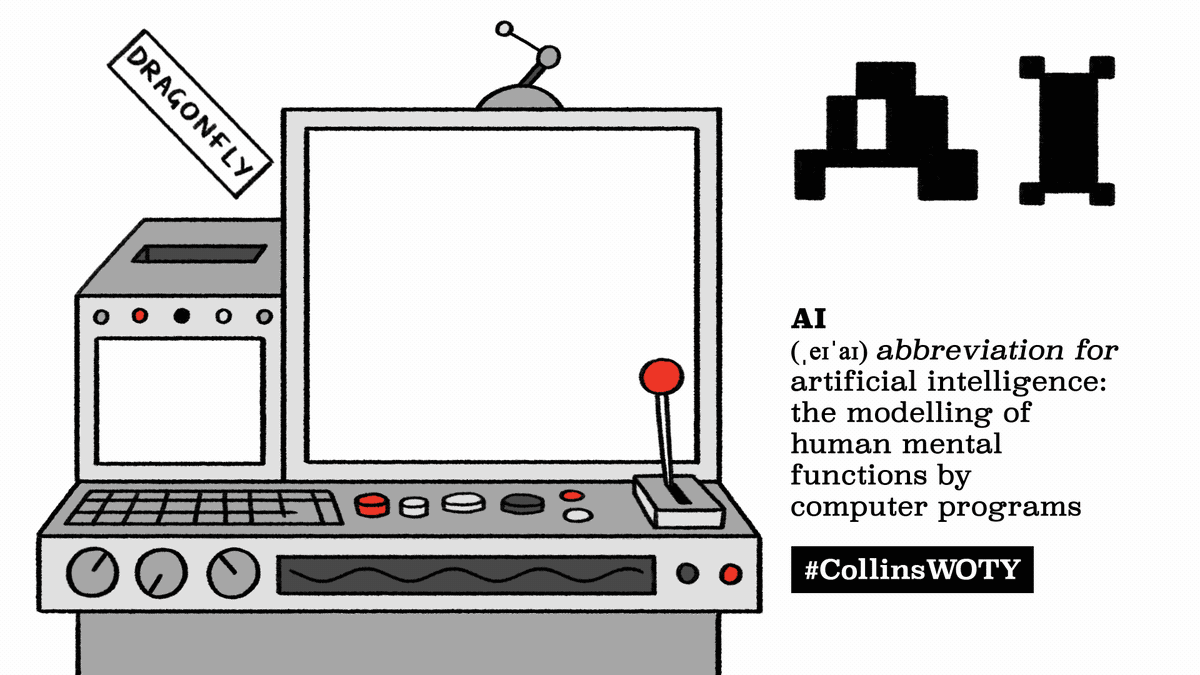

%20image2.jpg)






